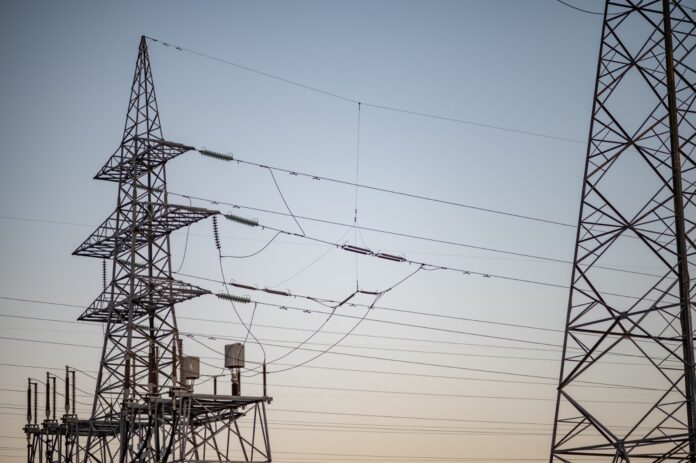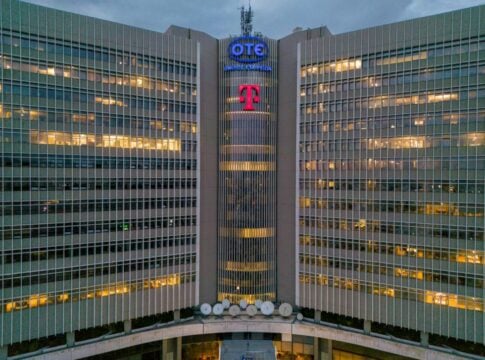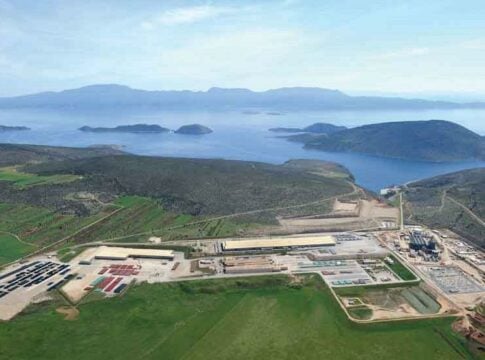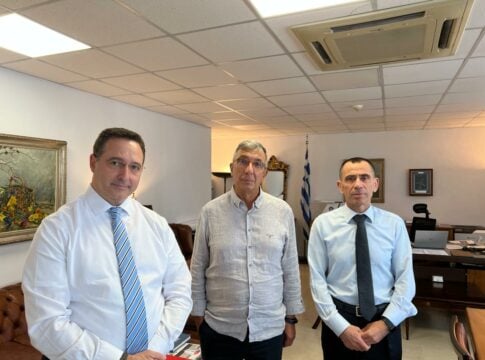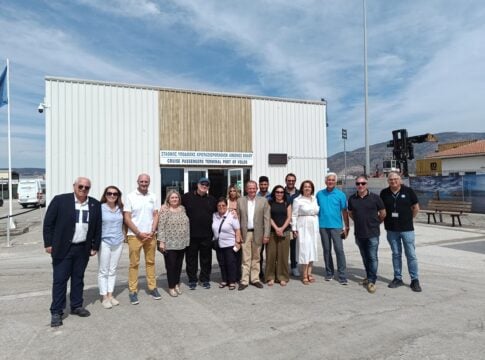In cases of cyberattacks and interruptions in the supply of natural gas, the updated “Risk Preparedness Plan for the Electricity Sector of Greece” identifies the greatest risks for the supply of consumers.
Specifically, the plan, following a relevant recommendation from the competent Independent Power Transmission Operator (IPTO), was put out for public consultation by the Waste, Energy and Water Regulatory Authority, incorporating a series of newer elements and scenarios that aim to shield the country’s energy system against any adverse scenario, while simultaneously making a certain assessment of each risk.
On this basis, out of a total of 15 crisis scenarios, two stand out as “unacceptable risk scenarios”, namely, the case of a cyberattack on entities connected to the System/Network and the interruption of the natural gas supply.
It is noted that the draft provides for two types of “cyberattacks”, with the second, defined as “Cyberattack A”, concerning the operation of the Energy Exchange and assessed more mildly as an “undesired risk scenario.”
The “lines of defense”
The National Cybersecurity Strategy 2020-2025 has been prepared, which is to be updated, while a Cybersecurity manual has also been prepared, with the aim of offering public sector organizations (as well as medium and large private enterprises) a set of best practices in technical and organizational protection measures. Energy organizations are also among the bodies obliged to comply with these practices.
In the case of a shortage of fossil fuels, if the existing distributed units and energy imports cannot cover the load, then IPTO will, among other things, provide for the readiness of all available power plants and, depending on the available reserves (lignite, natural gas, water reserves) each day, will manage their operation in an optimal manner for the security of the system.
It will also activate a mechanism to reduce consumption mainly during peak hours, as well as the procedures provided for in bilateral agreements with neighboring states for zeroing energy export programs and emergency energy imports from neighboring Operators that do not face capacity adequacy problems. If the above measures are not sufficient, it will proceed with rolling load cuts in communication with HEDNO.


